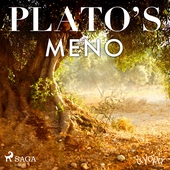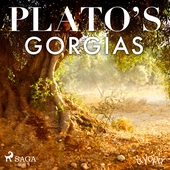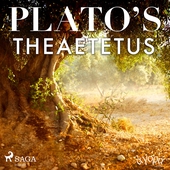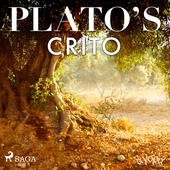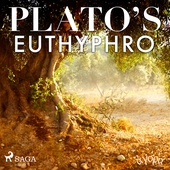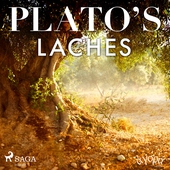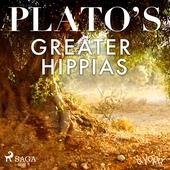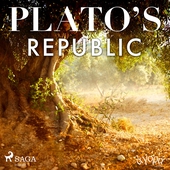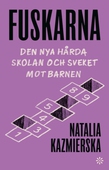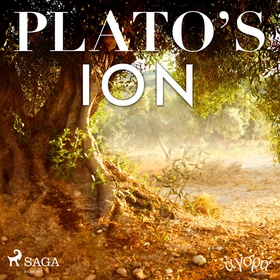
Lägg till önskelistan
Gratis smakprov
- Spara till biblioteket
- Lyssna på smakprov
Plato’s Ion ljudbok
Pris
19 kr
Socrates questions Ion, an actor who just won a major prize, about his ability to interpret the epic poetry of Homer. How does an actor, a poet, or any other artist create? Is it by knowing? Is it by inspiration? As the dialogue proceeds, the nature of human creativity emerges as a mysterious process and an unsolved puzzle.
Plato lived in Athens, Greece. He wrote approximately two-dozen dialogues that explore core topics that are essential to all human beings. Although the historical Socrat...
Ljudbok
19 kr
Pris
Förlag
Saga Egmont
Utgiven
2 April 2020
Längd
0:35
Genrer
Filosofi Och Religion, Fackböcker
Språk
English
Format
mp3
Kopieringsskydd
Vattenmärkt
ISBN
9788726425673
Socrates questions Ion, an actor who just won a major prize, about his ability to interpret the epic poetry of Homer. How does an actor, a poet, or any other artist create? Is it by knowing? Is it by inspiration? As the dialogue proceeds, the nature of human creativity emerges as a mysterious process and an unsolved puzzle.
Plato lived in Athens, Greece. He wrote approximately two-dozen dialogues that explore core topics that are essential to all human beings. Although the historical Socrates was a strong influence on Plato, the character by that name that appears in many of his dialogues is a product of Plato’s fertile imagination. All of Plato’s dialogues are written in a poetic form that his student Aristotle called “Socratic dialogue.” In the twentieth century, the British philosopher and logician Alfred North Whitehead characterized the entire European philosophical tradition as “a series of footnotes to Plato.” Philosophy for Plato was not a set of doctrines but a goal — not the possession of wisdom but the love of wisdom. Agora Publications offers these performances based on the assumption that Plato wrote these works to be performed by actors in order to stimulate additional dialogue among those who listen to them.

